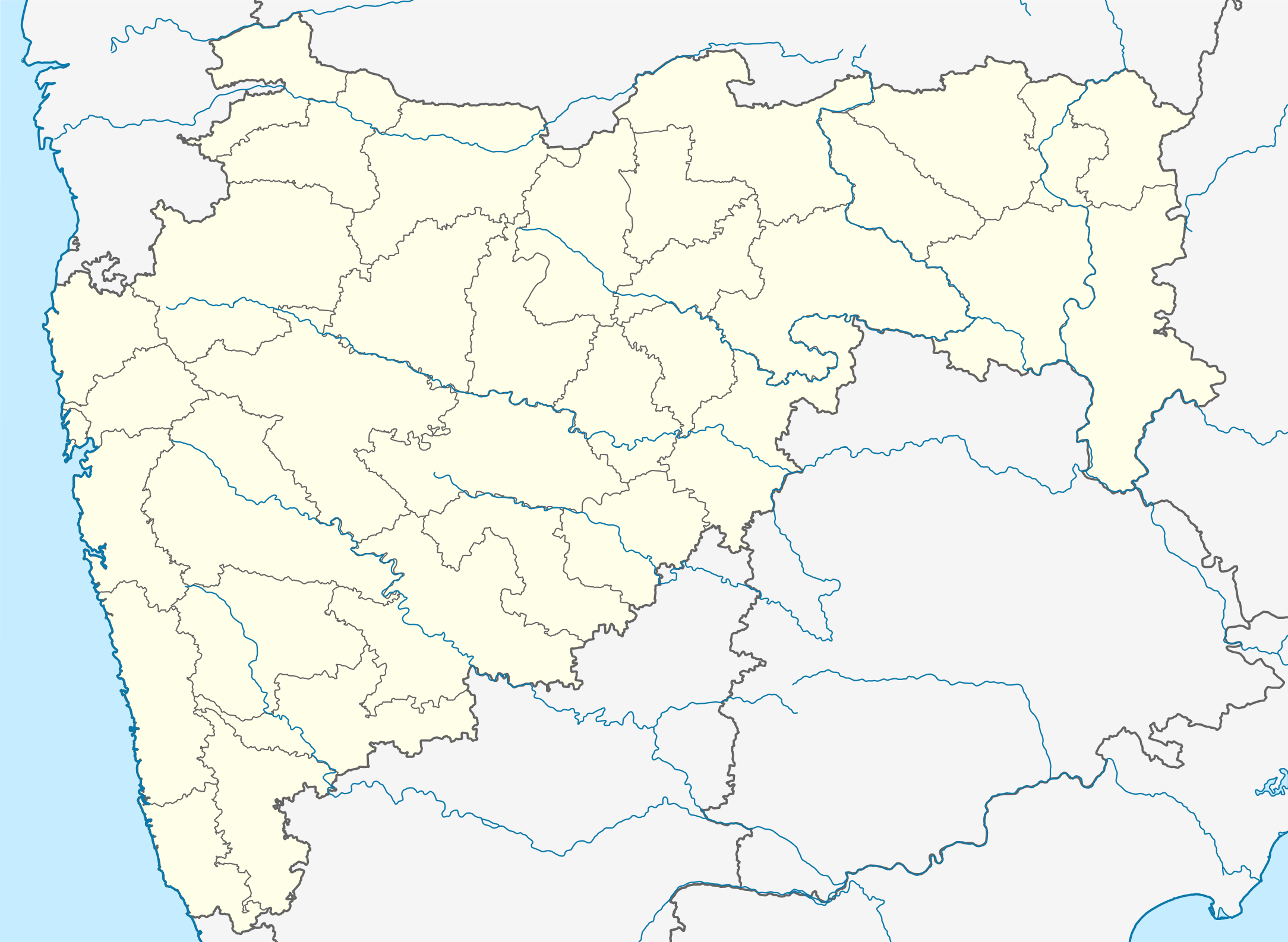Chavand, Maharashtra
Chavand ( Marathi: चावंड किल्ला) is a hill fortress situated 30 km from the modern-day town of Naryangoan in Junnar Taluka of Pune district in Maharashtra, India. The fort, which rises 1,036 meters (3,399 feet) above sea level, is located in the Sahyadri mountain range. The fort was looted and destroyed by the British upon siege. This is one of the forts known as the 'Famous 5'. Chavaand, Hadsar, Shivneri, Jivdhan and Naneghat form the Famous 5 trek. The fort has remnants of construction that are more than 800 years old. Village of Chavandwadi lies at the base of the fort. Under the rule of Shivaji this was known as Prasannagad.
| Chavand Fort | |
|---|---|
चावंड किल्ला | |
| Part of Sahyadri Hill Range | |
| Pune district, Maharashtra | |
 Chavand Fort | |
| Coordinates | 19°14′12.7″N 73°44′53.6″E |
| Type | Hill fort |
| Height | 3400 Ft. |
| Site information | |
| Owner | Government of India |
| Controlled by | Ahmadnagar (1521-1594)
|
| Open to the public | Yes |
| Condition | Ruins |
| Site history | |
| In use | Guarding the trade route |
| Materials | Stone |
History
Founder of Nizam Dynasty, Nizam Ahmed was the first Nizamshah who acquired the fort of Chavand after the dissolution of the Bahmanid Empire. The seventh Nizamshah was Burhanshah II. Bahadurshah's grandson was imprisoned 1594 and was taken away to this fort.[1] Bahadurshah is the nephew of Chandbibi. In 1636, the Mughals got the fort of Chavand by signing a treaty with the Nizams. On 1 May 1818 the British forces captured the fort [2]
Geography
Chavand fort is approximately 20 km away from the city of Junnar in Pune district and is a popular destination for trekkers and adventure enthusiasts. There is a varied flora and fauna around the foothills of the Chavand fort trek. There are 12 various species of birds to observe. The base village of the Chavand Fort is Chavandwadi village.
There is a huge stone door called the Mahadarwaja which is still structurally intact. There is a Chamunda Devi Mandir on the fort along with a few remnants of a cannon as well. There are seven water tanks carved out of a single stone. The top of the fort offers splendid views of the neighbouring regions along with views of forts like Shivneri, Jivdhan and Hadsar. One can also see the seven tanks, the Kukadi river and the Manikdoh dam. [3]
References